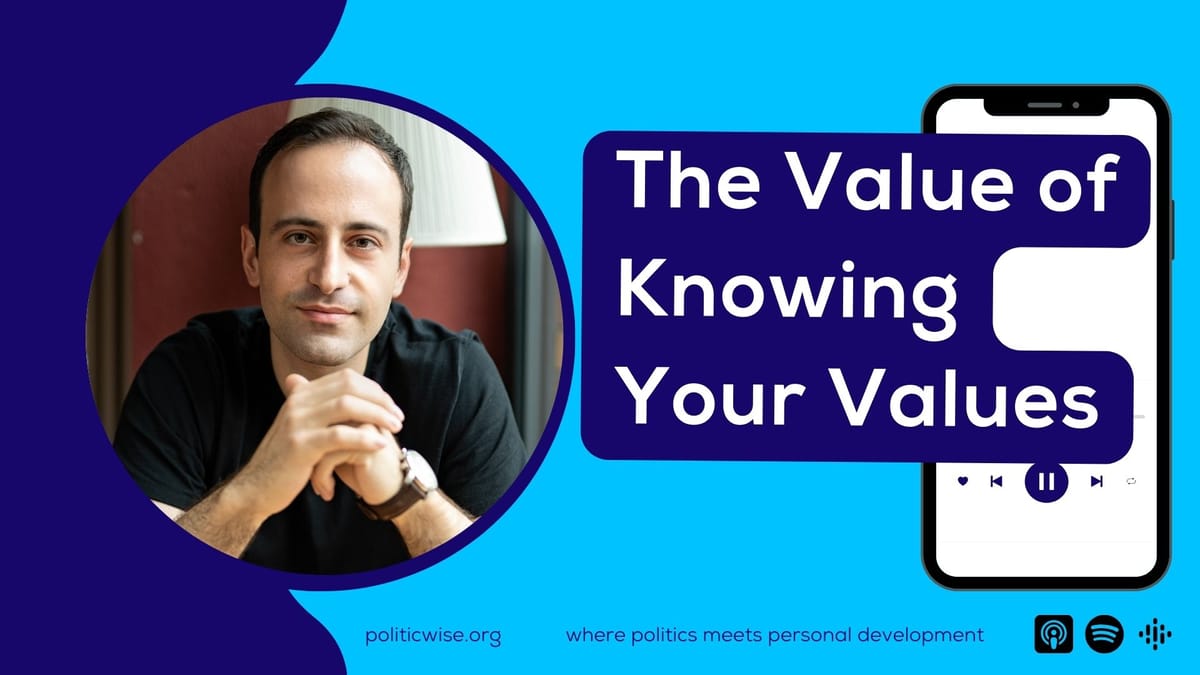'Make it obvious' is the first principle of habit-building I shared in the last newsletter.
As a reminder, here are the four principles of habit-building.
- Make the cue obvious (or to break a habit: make it invisible)
- Make the craving attractive (or to break a habit: make it unattractive) - TODAY'S FOCUS
- Make the response easy (or to break a habit: make it difficult)
- Make the reward satisfying (or to break a habit: make it unsatisfying)
Today, let's break down the 2nd principle: make it attractive.
Feel good before you do what you want to do
The more attractive an action, the more likely we are going to do it.
--> Enter dopamine, the neurotransmitter involved in pleasure, motivation and learning - also known as 'the molecule of more'.
When you are starting a new behaviour, dopamine spikes after the behaviour. You perform the behavior --> you get a dopamine spike - as a reward.
With a learned behaviour/habit, dopamine spikes right after the cue and before the behaviour. So: cue --> craving (⚡dopamine spike) --> which motivates you to take action --> reward (⚡dopamine spike)
You don't just get the dopamine after the behavior but before.
It’s the anticipation of a reward that gives you a dopamine spike.
How can you use this?
Bundle what you need to do + what you want to do
One practical strategy to make habits more attractive is 'temptation bundling.' This involves linking an action you want to do with an action you need to do.
For example: you love going for a walk but struggle to find time to prepare your speech - why not make a rule that you'll go for a walk while mentally rehearsing your speech. This way, the immediate pleasure of going for a walk becomes tied to preparing your speech, making the latter much more attractive.
Leverage the people around you
Your social environment plays a crucial role in shaping you, what you want, what you consider acceptable.
We have a strong desired to fit in and be part of a group. This means we’re more likely to find a behavior attractive if we see people we respect and want to emulate engaging in it.
Surrounding yourself with a community that practices the habits you want to adopt can dramatically increase their appeal. You want to relax and get away from work? Spend time with people who have nothing to do with your work. Likewise, in the ‘wrong’ group, some of your most successful habits are under threat: joining a group of workaholics (or the typical election campaign) can erode some of your healthy habits that have so far kept you balanced & effective.
You get to do it
Sometimes, the barrier to a habit isn't about the action itself but how we perceive it.
If you find a particular habit unattractive, ask yourself why. Consider not just the benefits, but that at a deeper level it's aligned with what you find important in life.
For example: exercising feels like a chore? Consider the feeling of progress, the sense of accomplishment after a workout, or the health benefits.
Go even deeper than that:
- Exercising allows you to have enough energy to do your political work. Imagine your worst political opponent: they've got a lot of energy to do a lot of work that goes against your values - exercise to outrun them, to show up with more energy for your work. Or this:
- Exercising now allows you to be able to pick up your grandkids when you're old.
Change your perspective: you don't have to do it, you get to do it.
Next week, I'll share with you the 3rd principle of habit-building: make it easy.
Let me know your opinion of this mini-series on habits with a 👍 or 👎 below 👇
🎙️ My latest podcast

📚 What I read & listen to
9 months after being liberated from Auschwitz, Viktor Frankl gave 3 lectures. This book is a collection of the lectures:

Viktor Frankl was a psychiatrist who had developed a theory about finding meaning in life (logotherapy). That was before he entered the first nazi concentration camp and the manuscript of his book was taken from him.
In his speeches he talks about, amongst other things: how to find an answer to the meaning of life, the value of every life, and the burden & beauty of responsibility.
🖋️ My favourite quote
"it is not we who are permitted to ask about the meaning of life, it is life that asks the questions, directs questions at us - we are the ones who are questioned! We are the ones who must answer, must give answers to the constant, hourly question of life, to the essential life questions. Living itself means nothing other than being questioned; our whole act of being is nothing more than responding to - of being responsible towards - life.” - Viktor Frankl in 'Yes to Life', p. 38
